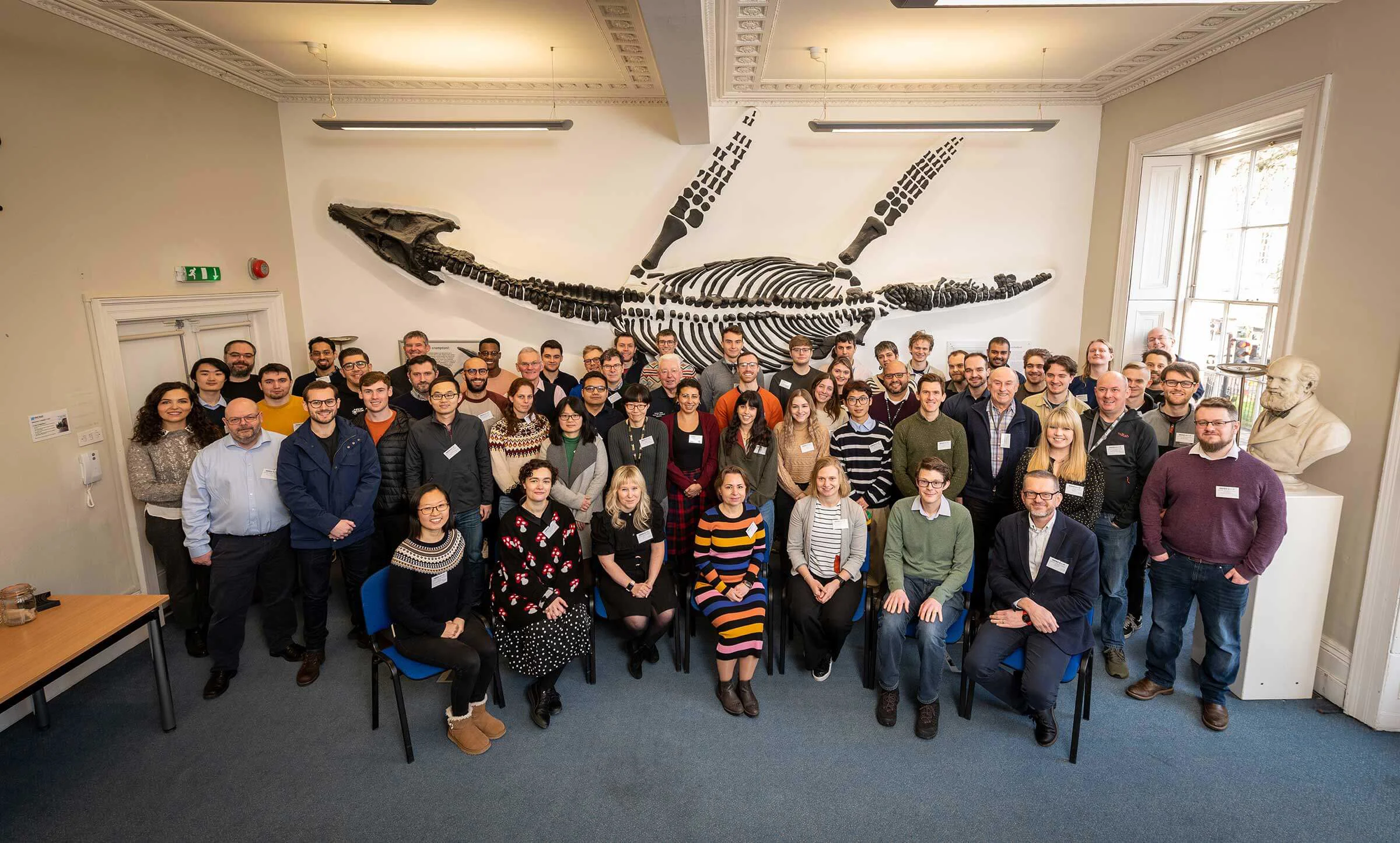Collaborative research for hydrogen mobility research incubator
Posted by: Aaron Villoslada Rodriguez
The Research Incubator (RI) isn't just any ordinary event, it is a combination of researchers, industry partners in the field, and academia from all disciplines to tackle the most pressing issues of our time regarding mobility and identify new research challenges and proposals.
The RI is a 5-day event dedicated to learning, discussing and collaborating on a theme related to mobility for the week. The theme of the latest Research Incubator, which took place in January, was 'Hydrogen for Net Zero Mobility', so as participants we were exploring Hydrogen’s challenges and its potential as a clean and sustainable energy source for the future. With the help of experts in the field and the combined knowledge of those in attendance, the RI is the perfect platform to create meaningful dialogue and make an impact in the hydrogen sector.
Prior to the event itself, Cohort 4 from the AAPS CDT were given the responsibility of identifying five topics that would encompass the issues related to hydrogen in the context of mobility. To accomplish this task, we collaborated with students from different cohorts and academic experts. Together, we formed the "RI team" which refers to the collective effort of this diverse group. As the RI team we were committed to creating an inclusive and engaging environment for all participants to have their voices heard, ideas shared and ensuring that everyone's contributions were respected and valued.
With the RI as a platform for collaboration and learning, the future of hydrogen is brighter than ever.
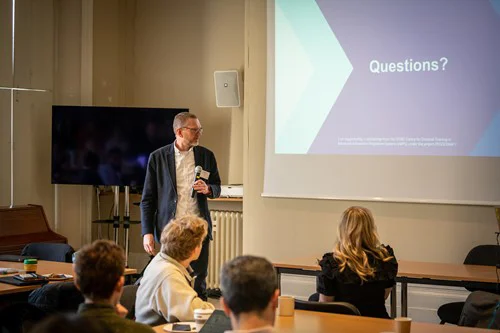
From January 23rd to 27th, the RI was buzzing with activity as researchers and industry partners from all over the country came together to tackle the biggest challenges facing hydrogen as an energy vector for the future. After months of hard work and collaboration, the RI team distilled their findings into five main topics that highlight both the strengths and weaknesses of hydrogen as a future fuel and all the social, economics, legal and environmental challenges this presents.
So, get ready to explore the exciting experiences we shared along this 5 days.
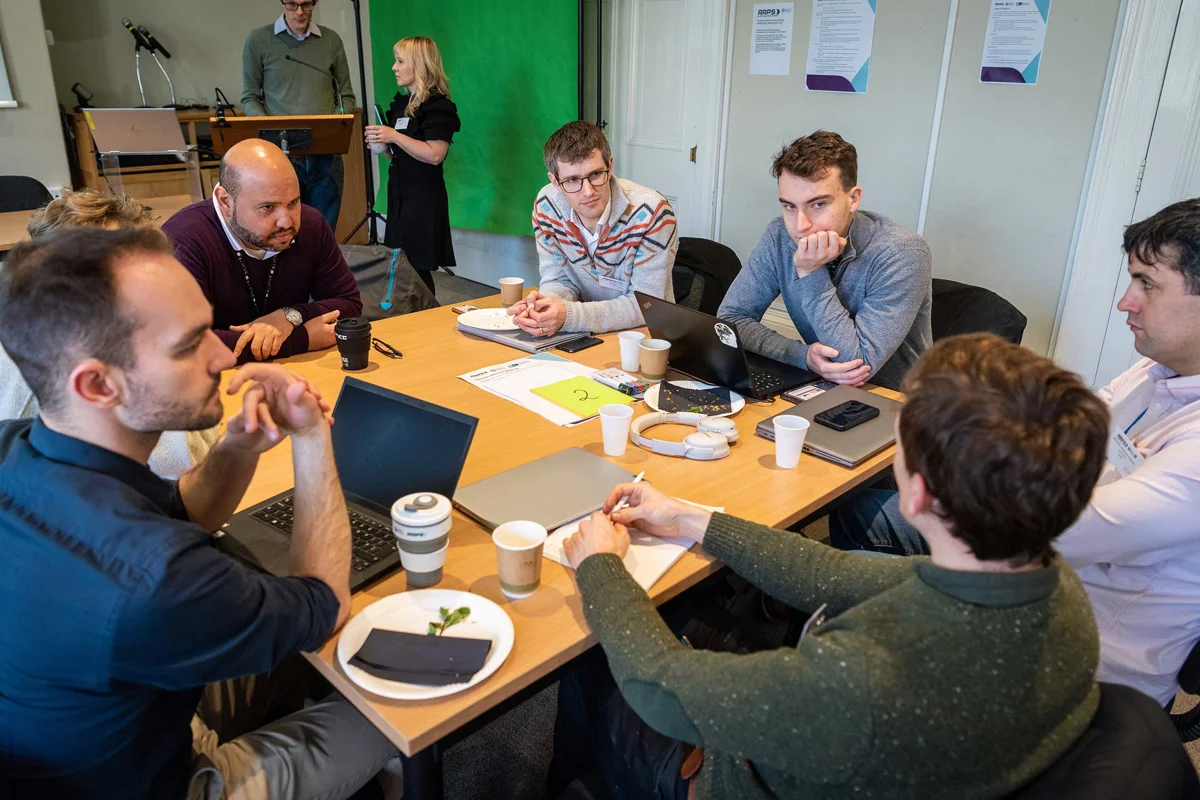
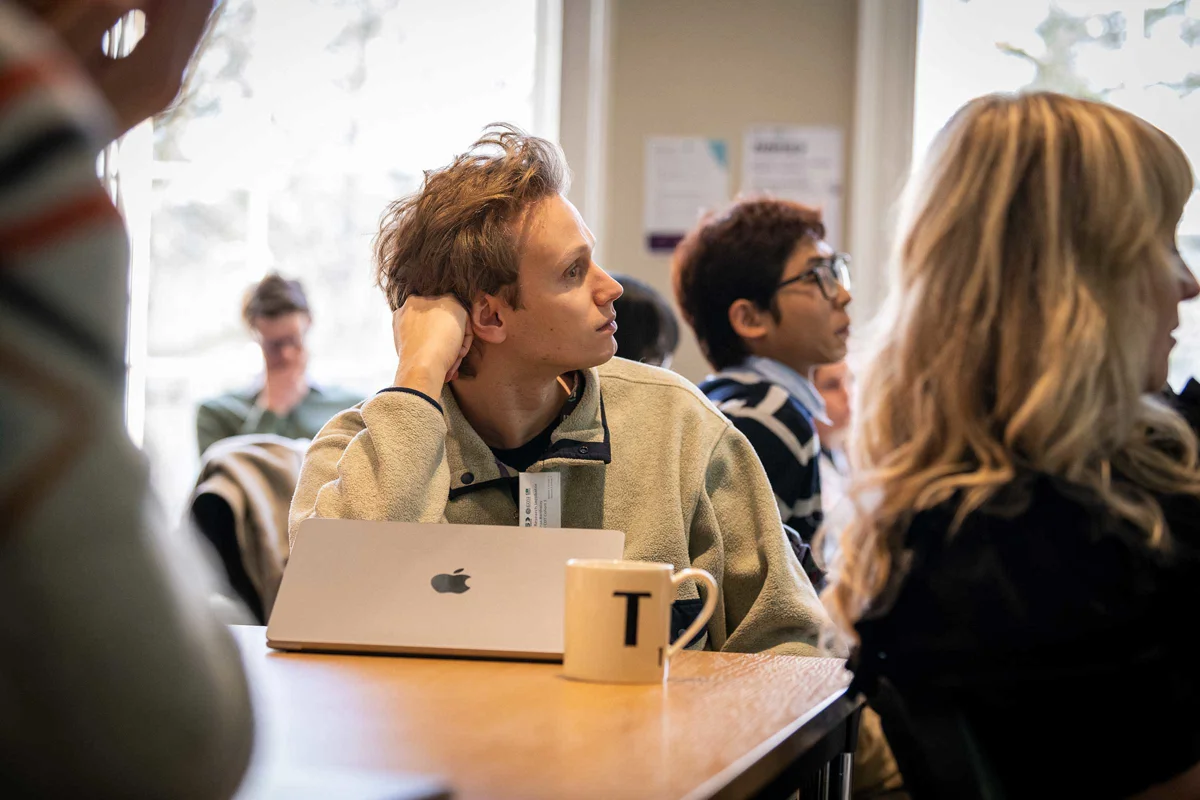
Day One
The long-awaited day had finally arrived, and the air was thick with anticipation. The dedicated members of the RI team had invested months of tireless effort into preparing for this momentous occasion, and the fruits of their labour were finally poised to be reaped. As they took their positions with a sense of purpose and resolve, there was a palpable energy in the air, fuelled by the knowledge that the culmination of their hard work was now within reach. The goal was to present the research that had been conducted on the future role of hydrogen, and the team was eager to showcase their knowledge and expertise in the field to the participants.
As the team arrived at the BRLSI, a sense of nervousness mixed with excitement began to set in amongst the RI team. However, with the help of each other, we were able to overcome our nerves and deliver five comprehensive presentations that covered all aspects of hydrogen and its future role. The discussions that followed the presentations were a highlight of the day, as the team were able to demonstrate their deep understanding of the subject and engage with the audience. Although the team encountered some initial obstacles, they remained steadfast in their commitment and ultimately triumphed in delivering a compelling and influential presentation. They invested their utmost dedication and passion into their labour, and were elated to witness the profoundly positive impact it had on their audience. Their unwavering resolve and tenacity throughout the process were justly rewarded, filling the team with a profound sense of satisfaction and pride.
Following the presentations, all participants were split into smaller breakout groups for some further discussions on the challenges. It became evident that these discussions held equal importance to that of the challenge presentations themselves. In fact, they proved to be just as crucial in fostering a deeper understanding of the topic at hand and in generating valuable insights and perspectives. The collaborative and thought-provoking nature of these discussions allowed for a rich exchange of ideas, ultimately leading to a more well-rounded and comprehensive approach to addressing the challenges at hand., as everyone's ideas and opinions were taken into consideration, and the most important ones were noted down for feedback later in the day. The RI team were glad to see that they were able to work together seamlessly, and that their opinions were respected and taken seriously regardless of which group they were in.
The day ended on a high note, with drinks and discussions about the next steps for the week. The team were eager to start the implementation phase of the incubator and begin working on the first deliverables. With their combined knowledge and expertise, the team was confident in their ability to deliver the project on time and to the highest standards.
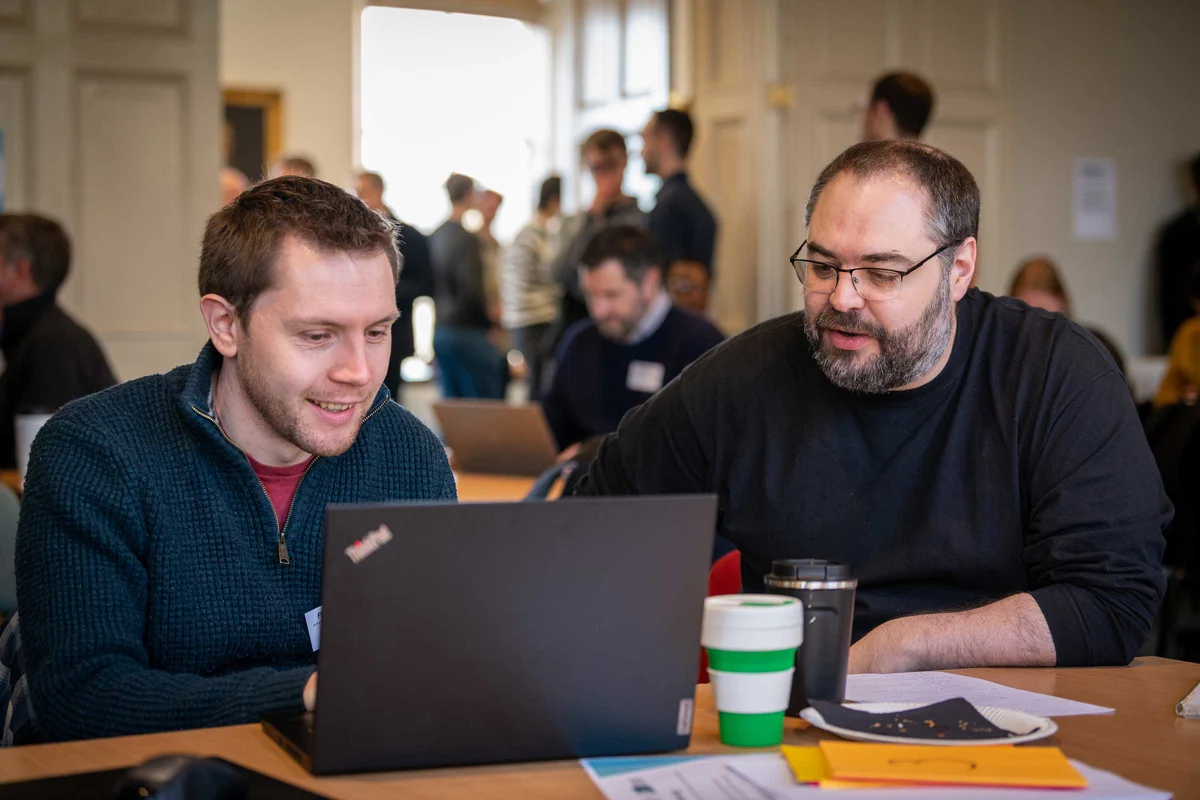
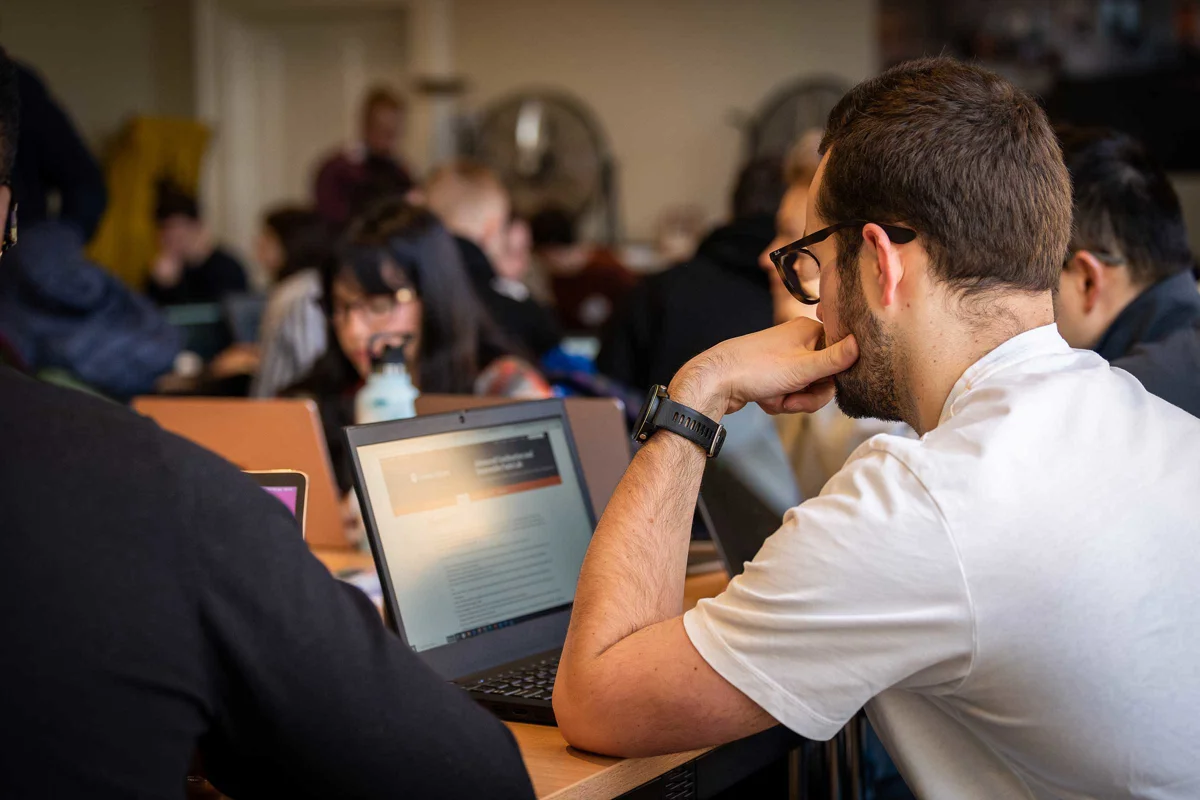
Day Two
The second day of the RI was dedicated to the forming of the different working groups for the rest of the week. To achieve this, Richard Burke facilitated the creation of different clusters of topics, which were based on the challenge presentations and discussions from day one. This helped the attendees' to match their interests in the role of hydrogen with the different topics available and allowed for a better allocation of the teams. The teams were comprised of individuals with different backgrounds and experiences, but all united by their passion for hydrogen and its potential as an energy vector for the future.
Once the allocation of the teams was complete, the attendees got straight to work on their independent research clusters. The energy and enthusiasm in the room was palpable, and it was clear that everyone was eager to dive in and make their mark on their research challenge.
The RI event provided a unique opportunity for individuals to collaborate and learn from each other, and the second day was no exception. With the teams formed and the projects underway, the attendees were able to delve deeper and make meaningful contributions to the overall goal of advancing hydrogen technology. It was inspiring to see the level of engagement and collaboration, and everyone was eager to see the results of their work at the end of the week. On the Tuesday evening, a dinner was held for all attendees at Ponte Vechhio providing an opportunity for more teambuilding, networking, and sharing of ideas in an informal setting.
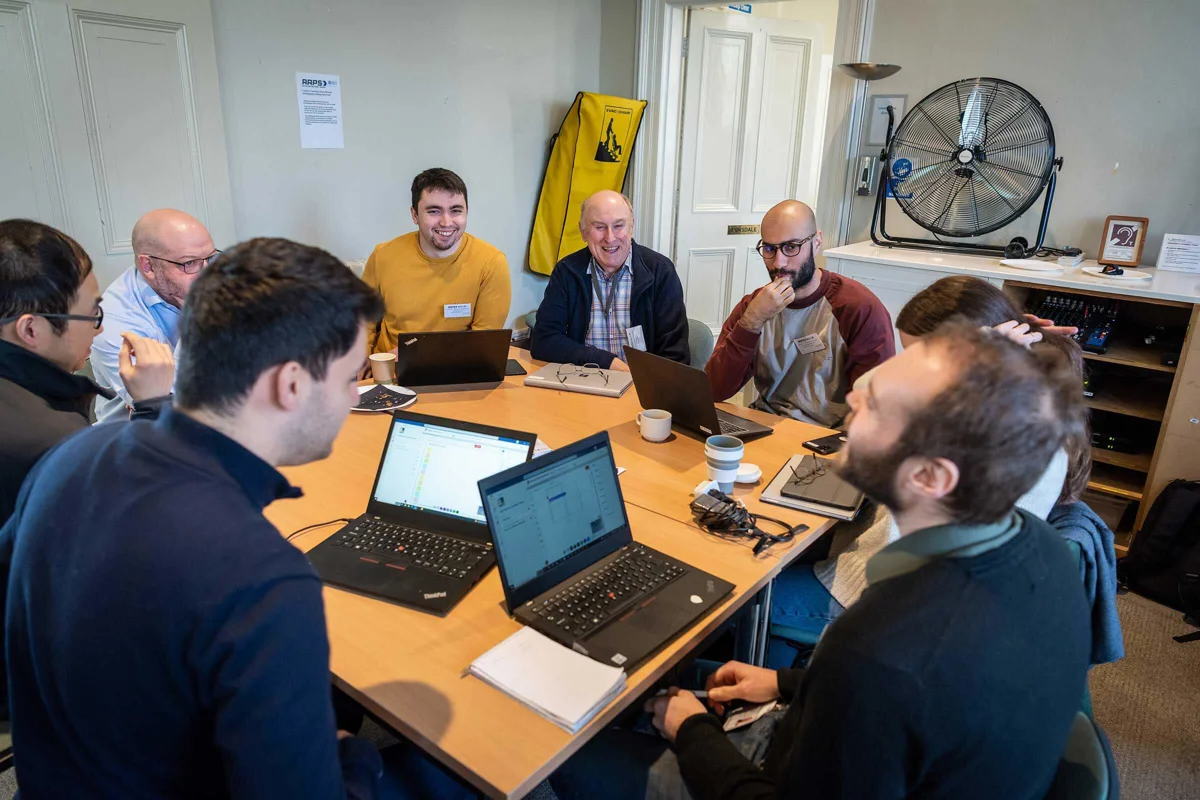
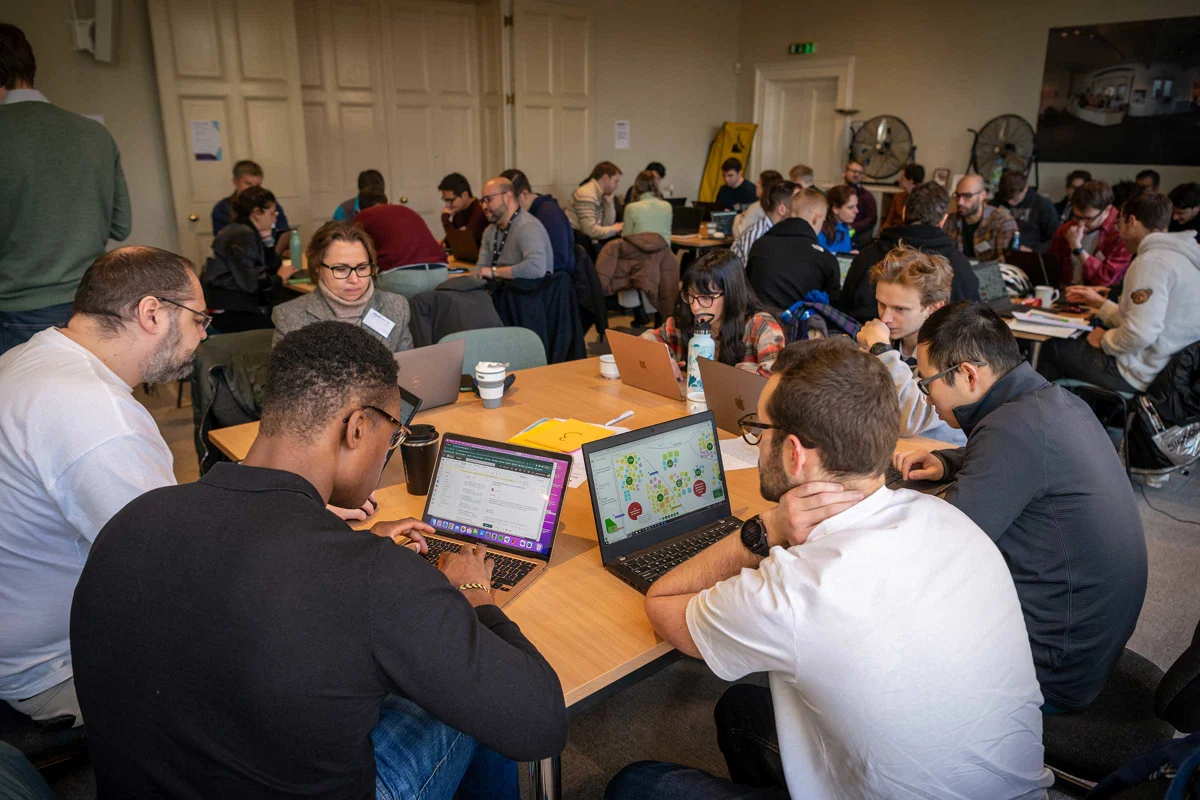
Days Three and Four
As the days progressed, the teams entered into a dynamic phase, where questions and challenges were presented at an hourly rate, and the complexity of the issues at hand intensified. However, this only served to galvanize the teams further, as they worked tirelessly to stay abreast of the rapid-fire developments and generate innovative solutions. Amidst this dynamic environment, a decision was made for cohort 4 students to assume the mantle of gathering and organizing the plethora of information, ultimately synthesizing it into a comprehensive research proposal. Now, the onus rests on the cohort 4 student to skilfully sift through and organize the vast trove of information, harnessing it as a powerful tool to analyse and assess the potential projects.
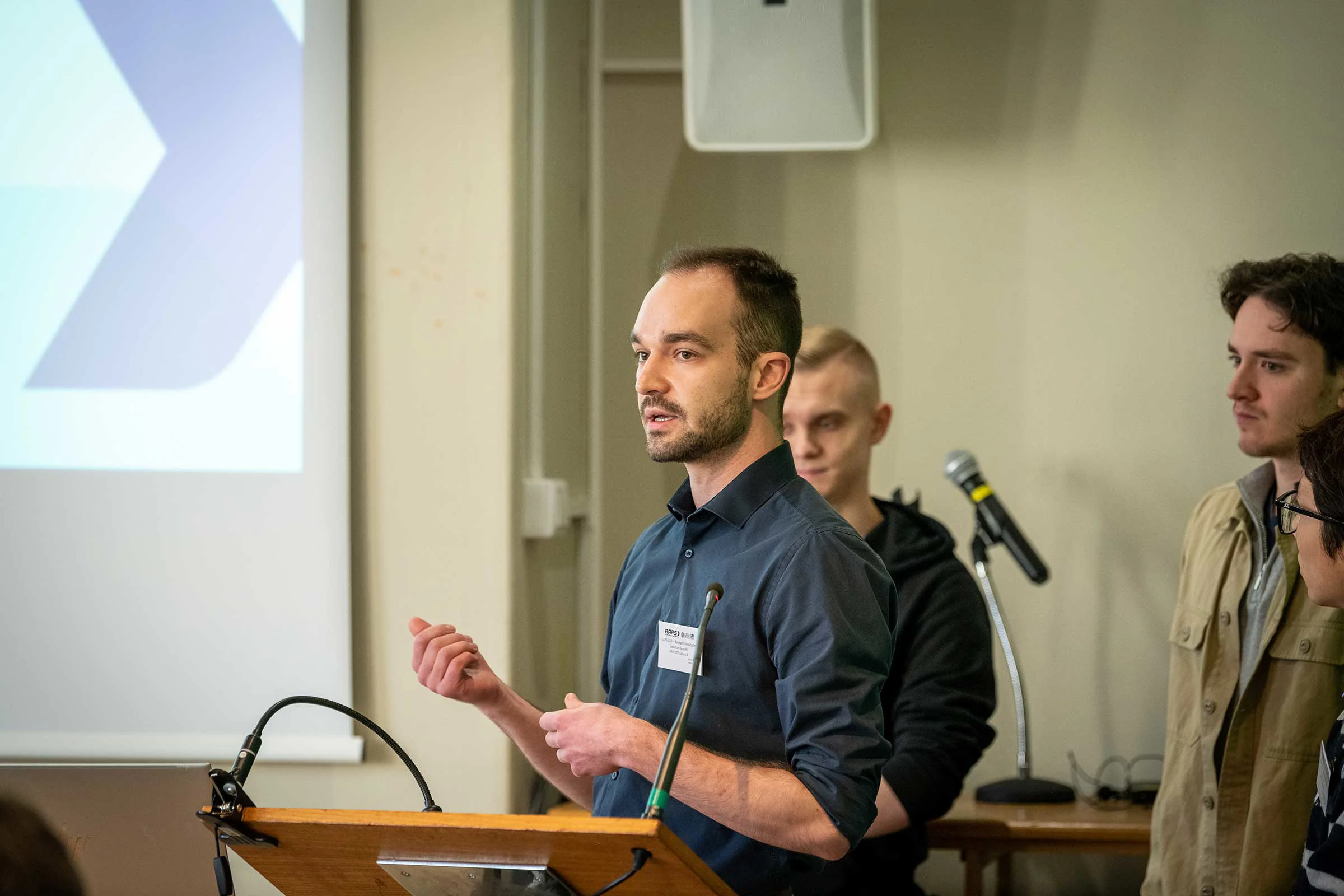
Day Five
The culmination of our collaborative efforts over the four days was on display at the final presentation day. We had worked together to listen, read, and discuss a diverse range of scenarios regarding the implementation of our research cluster. Our task was to present the information we had gathered succinctly and compellingly, summarizing the extensive work we had done in a short period of time. While it was a challenge to condense all of our research into a single presentation, we were proud to showcase the results of our collaboration.
Throughout the week, we had fostered a dynamic, cooperative environment where each team member was able to contribute their unique perspectives and expertise. This allowed us to tackle complex questions and develop innovative solutions that would not have been possible with a single-disciplined approach.
The progress made on the projects each day was a testament to the team's hard work and the supportive environment and collaborative atmosphere facilitated by our management team, Chris Brace, Richard Burke, Yvonne Ascott, Jessica Ohren and Holly Dean-Young. Their hard work allowed the attendees to focus solely on thinking and solving issues, creating a valuable experience for all involved. We are grateful for the opportunity and would like to thank the entire team for facilitating such an amazing experience.
While I may have personally felt dissatisfied with my performance on the day of the presentation, struggling to effectively communicate the ideas I had in mind, I am immensely grateful for the privilege of being part of such a prosperous and cooperative team. The shared experience of working towards a common goal has been nothing short of priceless, and will indubitably stand out as a significant highlight of my professional journey.
